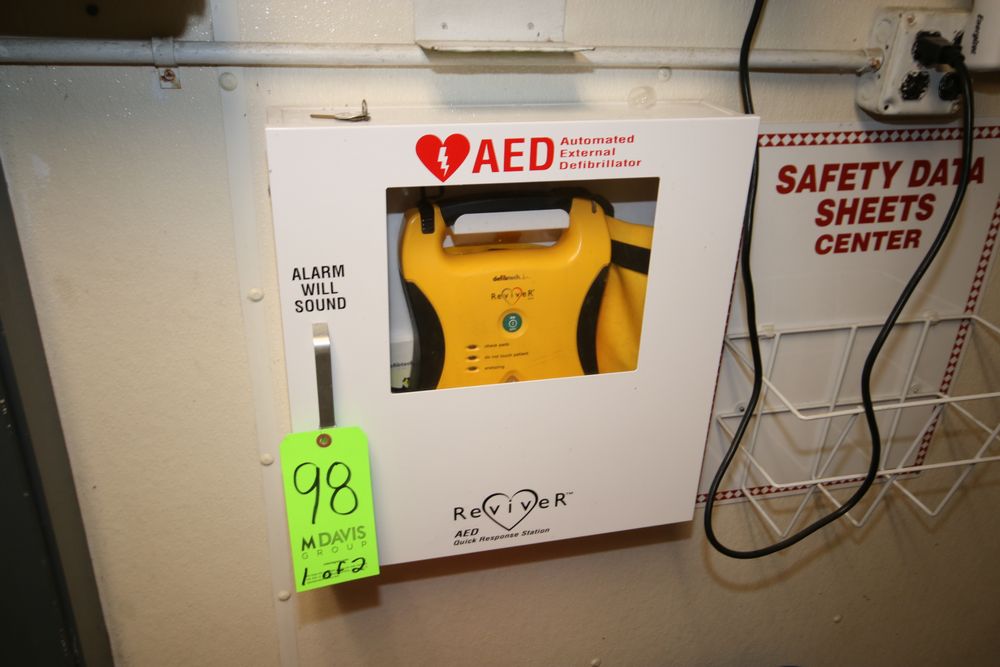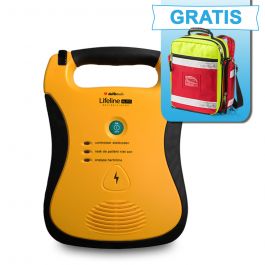
- DEFIBTECH REVIVER 360P
- DEFIBTECH REVIVER UPDATE
- DEFIBTECH REVIVER SOFTWARE
- DEFIBTECH REVIVER PROFESSIONAL
DEFIBTECH REVIVER 360P
SAM 360P (Samaritan Public Access Automated External Defibrillator) SAM 350P (Samaritan Public Access Automated External Defibrillator) Important: If your AED is not listed in this table, please contact the manufacturer of your AED for more information about your device. For descriptions of these devices, their indications for use, and related information, follow the Premarket Database links.

DEFIBTECH REVIVER UPDATE
The FDA will update this table when new AEDs are approved. If your AED is listed below, no matter your purchase date, the AED is considered FDA-approved. The table below lists all AEDs that have received premarket approval from the FDA.

DEFIBTECH REVIVER SOFTWARE
Fully automated defibrillators analyze the heart's rhythm and deliver a defibrillation shock if commanded by the device software without user intervention.Semi-automated defibrillators analyze the heart's rhythm, and if an abnormal heart rhythm is detected that requires a shock, then the device prompts the user to press a button to deliver a defibrillation shock.
DEFIBTECH REVIVER PROFESSIONAL
Professional use AEDs are used by first responders, such as emergency medical technicians (EMTs) and paramedics, who receive additional AED training.ĪEDs can be semi-automated or fully automated.They are intended to be used by laypeople who have received minimal training. Public access AEDs can be found in airports, community centers, schools, government buildings, hospitals, and other public locations.There are two main types of AEDs: public access and professional use. The AED system includes accessories, such as a battery and pad electrodes, that are necessary for the AED to detect and interpret an electrocardiogram and deliver an electrical shock. The FDA's Continued Efforts to Keep AEDs ReliableĪEDs are portable, life-saving devices designed to treat people experiencing sudden cardiac arrest, a medical condition in which the heart suddenly and unexpectedly stops beating.Important Information for AED Manufacturers.The combination of CPR and early defibrillation is effective in saving lives when used in the first few minutes following collapse from sudden cardiac arrest. How AEDs in Public Places Can Restart HeartsĪutomated external defibrillators (AEDs) are portable, life-saving devices designed to treat people experiencing sudden cardiac arrest, a medical condition in which the heart stops beating suddenly and unexpectedly.FDA-Approved Devices That Help Keep the Heart Beating.


 0 kommentar(er)
0 kommentar(er)
